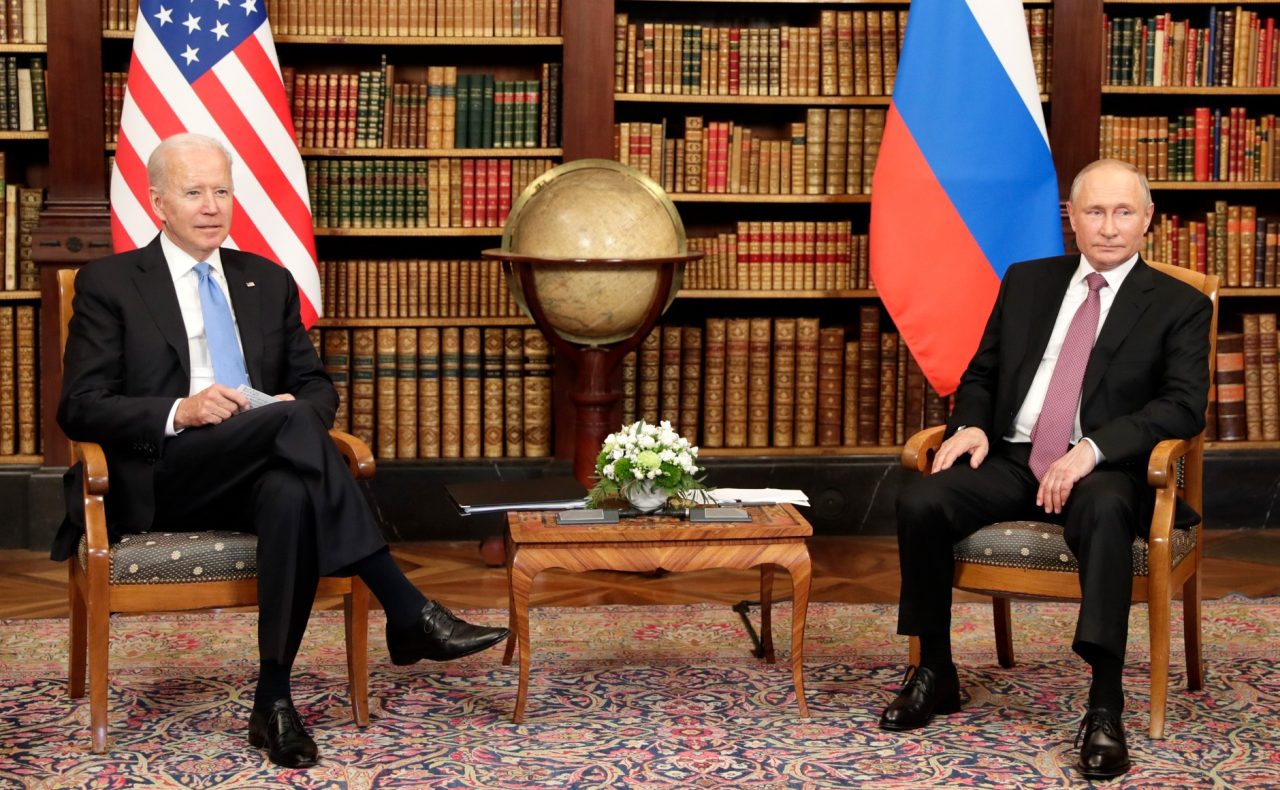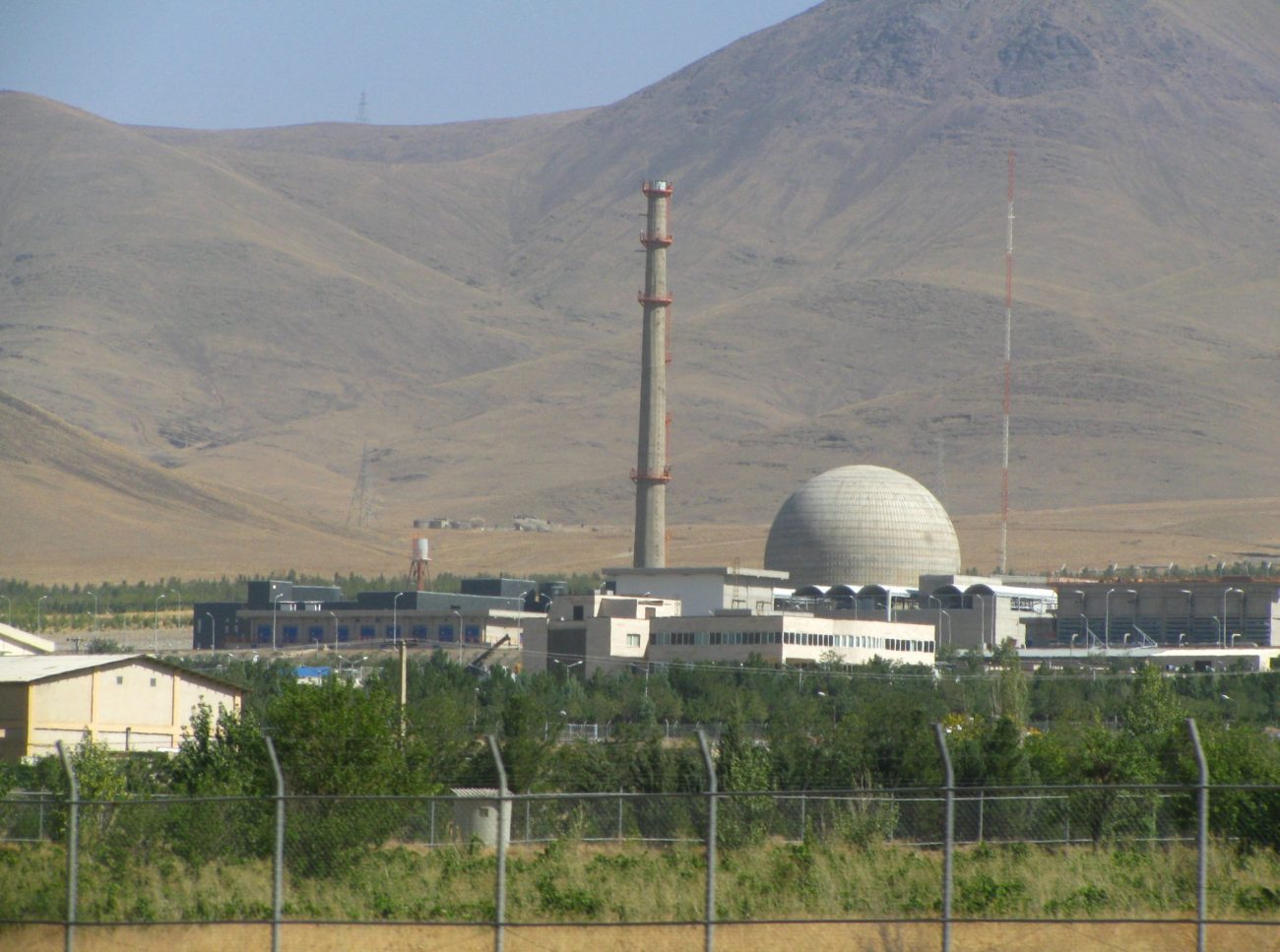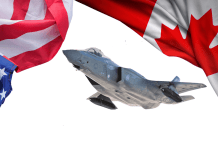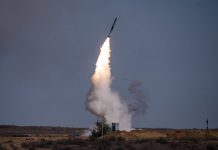Japan simplified the US decision to join the Second World War when it attacked Pearl Harbour on December 7, 1941. After the Second World War ended, control of Berlin led to an open confrontation between the USA and the then USSR.
The partition of Berlin resolved the issue temporarily because of the nuke threat by both nations. World witnessed the diametrically opposite power of nuclear weapons, commonly known as Weapons of Mass Destruction (WMDs), as the ‘Peace Keepers.’ The USA and then USSR decided to bury the hatchet and maintain an uneasy peace.
The fragmentation of the USSR in 1989 made many strategists believe that the uni-polar world has emerged with the USA as the only superpower. More than the other nation, the US also believed in the hyphenated status of numero uno.
If military inventory was the only parameter to decide the numero uno position, the US was and is the numero uno power even in 2023.
It is ironic but true that the USA has the most modern weapons and cutting-edge technology and has never really won a war fought by US troops after Second World War.
The US had to bite the dust many times, be it more than 58,000 body bags from Vietnam or an unsuccessful campaign in Afghanistan.
Why?
The answer is simple. The US leadership can fight fire with gasoline. It has committed this folly for the past seven decades and continues to do so.
The US faces the most crucial acid test of diplomacy on account of its role so far in the ongoing Russia-Ukraine war, which might turn into a nuclear war.
Unless the players (NATO Nations and USA) withdraw from the field, the US has an unplanned cricket/baseball match sans ‘cricketing gear’ with pacers from Russia and China hurling the ball at hypersonic speeds. The US is facing near war situation on three different fronts;
- Will Russia use Nukes against Ukraine?
- Will China attack Taiwan?
- And will Israel attack Iran’s nuclear facility? Will Iran retaliate, and how?
Russia-Ukraine Conflict
Biden’s administration has not been at its best while dealing with Putin; Biden addressed him personally with cuss words. Ukraine’s NATO ambitions notwithstanding, Russia is determined to halt the eastward expansion of NATO.
Putin has already used the ‘Gas weapon’ against Europe, thus bringing in the chill of arctic winters. ‘Gas weapon’ has already inflated Germany’s energy bill for fiscal 2023 by a whopping USD 160 Billion.

The war is unlikely to end soon, with the USA and NATO continuing to support Ukraine with modern weapons worth billions. The only silver lining after one year of war has been the Chinese Twelve Point proposal to end the war.
The USA and other NATO nations continue to provide unwarranted encouragement to Ukraine to continue with war despite suffering catastrophic damage to lives and infrastructure.
China-Taiwan Conflict
Will the USA join the war should China decide to attack Taiwan? The USA will have to consider the following;
- Should the USA send its military personnel and openly participate in the Chinese military attacking Taiwan?
Or
- Remain an onlooker to the Chinese offensive against Taiwan and, in the process, face humiliation in the international arena.
But with the massive deployment of US Navy ships in the South China Sea, a hot war situation cannot be ruled out if China attacks Taiwan.
Israeli Attack On Iran Nuclear Facility
- Iran has already claimed that 84% concentration of Uranium has been achieved. If true, Iran is merely a few weeks/month away from producing a nuclear weapon.
- Israel’s strike on Iran’s nukes facility will not be allowed to go unchallenged by Iran. Should this happen, will the USA retaliate militarily against Iran?
- Will the US provide special weapons needed to Israel to destroy Iran’s nuclear installations embedded in hills?
- How will the USA handle condemnation from Russia, China, and maybe EU nations?

US Options
- Continue supplying weapons and humanitarian aid to Ukraine to keep the embers burning, thus achieving its military and strategic aim of fighting a proxy war against Russia.
- Support Taiwan directly if and when Beijing launches a military offensive against Taiwan by mounting an amphibious/air assault supported by PLAAF in what might be termed the Blitzkrieg of the 21st century.
- Israel attacking Iran’s nuclear facility will almost certainly lead to massive retaliation by Iran, probably with SSMs. The USA will support Israel militarily. Even nuking Iran might be used as a threat.
The above eventualities were so far in the realm of discussion during seminars but a distinct possibility as of the date. Russia has already exercised the offensive option. China and Israel might also do the same. It is no longer a script for war games at NATO headquarters. It is real.
US Dilemma
Should US decision-makers decide to intervene militarily in Ukraine by placing ‘boots,’ the US must be prepared for a nuclear response from Russia. Would US decision-makers like to witness a ‘Hiroshima’ on the US mainland? The US must learn two things; firstly, to be part of a heterogeneous group, and secondly, not alienate friends.
Dissipation of one’s energy to protect others might not leave the US with enough firepower to defend itself.
The USA will do well to review the policy of military intervention outside the US mainland except for humanitarian cause/aid. Putin’s categorical warning of a nuclear response to a non-nuclear attack must not be lost sight of. The US state-sponsored policy of imposition of will on others is, after all, not a good policy.
India’s Position
Medians of every triangle intersect at a common point, a primary geometry theorem. India’s present position in the cauldron of the effervescent international problem is the end of the intersection of three medians inside the triangle.
The three superpowers, China, Russia, and the USA, occupy the three apex points of the triangle.
It is an extraordinary situation, unthinkable or barely thinkable a decade ago. Will India act and make the best out of an otherwise turbulent situation and emerge stronger than ever, or will our Americanized intellectuals heading few significant think tanks advise to ‘wait and watch’ or, worse still, preach ‘strategic restraint’ and ‘flexible response?’
Will India use its diplomatic prowess to diffuse the tension, which will engulf the globe if allowed to escalate? Without any doubt, Russia and China have moved much closer than ever.
Animosity prevailing between China and Russia in the 70s has given way to a mature strategic dialogue. Currently, the USA and not China is the lone ranger in the strategic paradigm shift of views and alliances, both culturally and militarily.
Amongst all nations in the world, India enjoys a unique position. India has excellent diplomatic relations with Israel and Arab countries, a success story of Indian diplomats. US threats and JCPOA restrictions will not/cannot prevent the impending Israeli strike on the Iranian nuclear facility.
Indo-Iran and Indo-Israel bonhomie might be able to prevent the disaster from becoming a reality. Hopefully, back-channel negotiations between Iran and Israel through India must occur.
Successful back-channel negotiations by Indian diplomats will achieve two things; firstly, prevent Iran-Israel armed conflict, and secondly, it might prevent Iran from going nuclear.
A nuclear Iran is not only an ‘existential threat’ to Israel but also a ‘threat in being’ to India when viewed in the context of Pakistan. Neither of these will be accomplished by reimplementing a ‘modified’ JCPOA. Israel’s stark warning must not be lost sight of by P5+1 or else.
Time and opportunity are ripe for India to emerge as a diplomatic superpower.
- Gp Cpt TP Srivastava (Retd) is an ex-NDA who flew MiG-21 and 29. He is a qualified flying instructor. He commanded the MiG-21 squadron. He is a directing staff at DSSC Wellington and chief instructor at the College of Air Warfare. VIEWS PERSONAL
- Follow EurAsian Times on Google News




